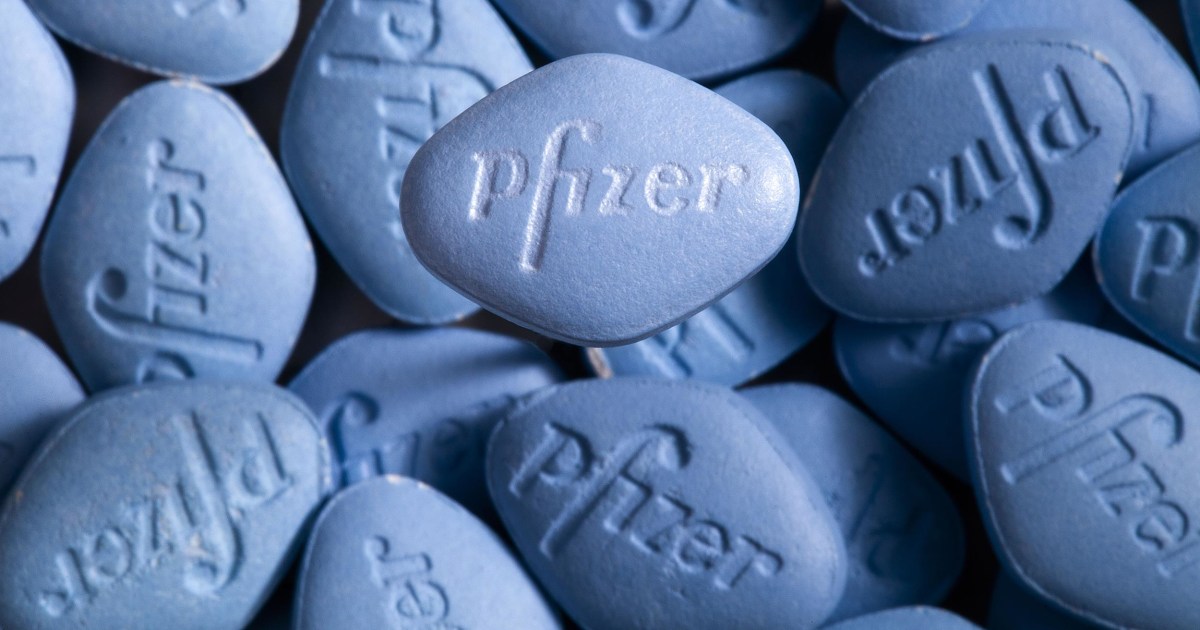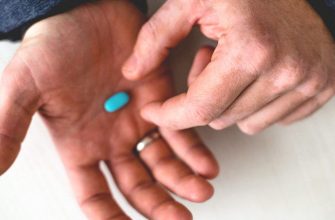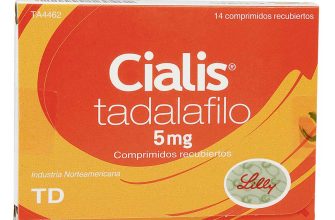Consider consulting a healthcare professional before using Viagra or similar medications. They can assess your health, discuss potential risks and side effects, and help you find the safest and most effective treatment for erectile dysfunction.
Viagra, the brand name for sildenafil, works by increasing blood flow to the penis, facilitating an erection. Generic sildenafil is a more affordable alternative, offering the same active ingredient and efficacy. However, always purchase medications from reputable pharmacies to ensure product quality and safety.
Important Note: Sildenafil interacts with some medications, such as nitrates. A thorough medical history is crucial to avoid dangerous drug interactions. Your doctor can help you understand any potential conflicts and recommend suitable alternatives if necessary.
Beyond Viagra, several other medications treat erectile dysfunction. These include tadalafil (Cialis), vardenafil (Levitra), and avanafil (Stendra). Each has unique properties regarding duration of effect and potential side effects. A physician can guide you toward the best choice for your individual needs and health profile. Discuss any pre-existing conditions or allergies to ensure a safe and personalized approach.
Remember: Self-treating erectile dysfunction can be risky. Professional guidance ensures you receive accurate diagnosis and appropriate treatment, maximizing positive outcomes while minimizing potential complications.
- Drug-Med Viagra: A Detailed Overview
- Understanding Viagra’s Mechanism of Action and its Effects
- Factors Affecting Viagra’s Effectiveness
- Common Side Effects and Precautions
- Viagra: Dosage, Administration, and Potential Drug Interactions
- Viagra Alternatives and Treatment Options for Erectile Dysfunction
- Lifestyle Changes and Non-Medication Approaches
- Surgical Options
Drug-Med Viagra: A Detailed Overview
Consult your doctor before using Viagra or any similar medication. Self-treating can be dangerous.
Viagra, the brand name for sildenafil citrate, treats erectile dysfunction (ED) by increasing blood flow to the penis. This allows for easier and more sustained erections.
- Dosage: Typical starting dose is 50mg, taken as needed, about an hour before sexual activity. Your doctor will adjust the dosage based on your needs and response.
- Administration: Swallow the tablet whole with a glass of water. Do not crush or chew the tablet.
- Side effects: Common side effects include headache, flushing, nasal congestion, and indigestion. More serious side effects, though rare, include vision changes, prolonged erection (priapism), and heart problems. Seek immediate medical attention if you experience any serious side effects.
Viagra isn’t suitable for everyone. You should not use Viagra if you:
- Have heart problems or high blood pressure that are not well controlled.
- Have recently had a stroke or heart attack.
- Are taking certain medications, particularly nitrates.
- Have a history of priapism.
- Have severe liver or kidney problems.
Before starting Viagra, discuss your medical history, current medications, and any potential drug interactions with your doctor. They can provide tailored advice and determine if Viagra is the right treatment option for you. Alternatives to Viagra exist, and your doctor can explore those if necessary.
- Follow your doctor’s instructions precisely.
- Report any side effects immediately.
- Store Viagra properly, as directed on the label.
- Avoid alcohol consumption in excess while taking Viagra.
- Discuss potential interactions with other medications you are taking.
This information is for general knowledge only and does not replace professional medical advice. Always consult with your doctor or pharmacist for personalized guidance.
Understanding Viagra’s Mechanism of Action and its Effects
Viagra, or sildenafil, primarily works by inhibiting phosphodiesterase-5 (PDE5). PDE5 breaks down cGMP, a molecule crucial for penile erection. By blocking PDE5, Viagra allows cGMP levels to rise, leading to increased blood flow into the penis and facilitating an erection.
Factors Affecting Viagra’s Effectiveness
Several factors influence how well Viagra works. Optimal results require sexual stimulation. The drug doesn’t cause erections on its own; it enhances the body’s natural response to sexual stimulation. Dosage, individual health conditions, and potential drug interactions also play significant roles. For example, concurrent use with nitrates is contraindicated due to the risk of dangerously low blood pressure. Certain liver and kidney diseases can also impact Viagra’s metabolism and effectiveness.
Common Side Effects and Precautions
Common side effects include headaches, facial flushing, nasal congestion, and visual disturbances. These are usually mild and temporary. Serious side effects, while rare, include prolonged erection (priapism), heart attack, and stroke. Individuals with pre-existing cardiovascular conditions should consult their doctor before taking Viagra. Always follow your doctor’s instructions regarding dosage and usage to minimize potential risks.
Viagra: Dosage, Administration, and Potential Drug Interactions
The typical starting dose of Viagra is 50 mg, taken orally about an hour before sexual activity. Your doctor may adjust this based on your response and health status. Don’t exceed 100 mg in a 24-hour period.
Viagra is best taken on an empty stomach or with a light meal. Fatty foods can delay absorption. Swallow the tablet whole with a glass of water.
Several medications interact with Viagra. Nitrates, often prescribed for chest pain, are a serious concern; combining them can cause a dangerous drop in blood pressure. Also, avoid using Viagra with alpha-blockers (used for high blood pressure or enlarged prostate) without your doctor’s explicit approval. This combination can also lead to significant blood pressure reduction. Other potential interactions include antifungal medications like ketoconazole and itraconazole, and HIV protease inhibitors such as ritonavir. Always inform your doctor of all medications you’re taking, including over-the-counter drugs and supplements.
Viagra’s effects can last for up to four hours. Individual responses vary, however, and some men experience shorter or longer durations.
If you experience side effects like headaches, flushing, or visual disturbances, contact your doctor immediately. Seek immediate medical attention for any serious adverse reactions such as chest pain or prolonged erection (priapism).
Viagra Alternatives and Treatment Options for Erectile Dysfunction
Consider Cialis (tadalafil) for longer-lasting effects, lasting up to 36 hours. This makes it a good choice for spontaneity.
Alternatively, Levitra (vardenafil) offers a faster onset of action than Viagra, becoming effective in as little as 15 to 25 minutes. This is beneficial for men who prefer quicker results.
Avanafil (Stendra) is another fast-acting option, similar to Levitra in its speed of onset. It’s particularly suitable for men who find other PDE5 inhibitors less effective.
Lifestyle Changes and Non-Medication Approaches
Regular exercise improves cardiovascular health, contributing to better erectile function. Aim for at least 150 minutes of moderate-intensity aerobic activity per week.
A healthy diet, rich in fruits, vegetables, and whole grains, supports overall health, including sexual health. Minimize processed foods, saturated fats, and excessive sugar.
Managing stress through techniques like meditation, yoga, or deep breathing exercises can positively impact erectile function. Stress reduction is crucial for overall well-being.
Penile injections of alprostadil can be effective for some men. Your doctor can determine suitability and administer the injections.
Vacuum erection devices provide a non-invasive approach, assisting blood flow into the penis to achieve an erection. This is a readily available option.
Counseling or therapy can address psychological factors contributing to erectile dysfunction. A therapist can provide support and strategies to manage underlying issues.
Surgical Options
Penile implants are a surgical option for men who haven’t found success with other treatments. This involves surgically implanting devices into the penis.
Vascular surgery may be considered in cases of specific vascular issues causing erectile dysfunction. Your doctor will assess your suitability for this procedure.
It’s crucial to discuss all treatment options with your doctor to determine the most appropriate approach for your individual needs and health status. A personalized treatment plan is vital for successful management of erectile dysfunction.






